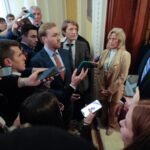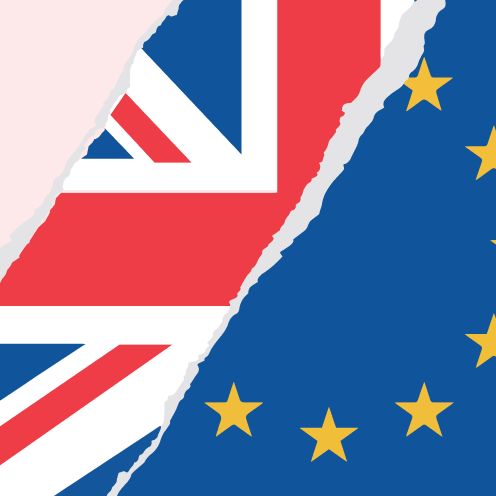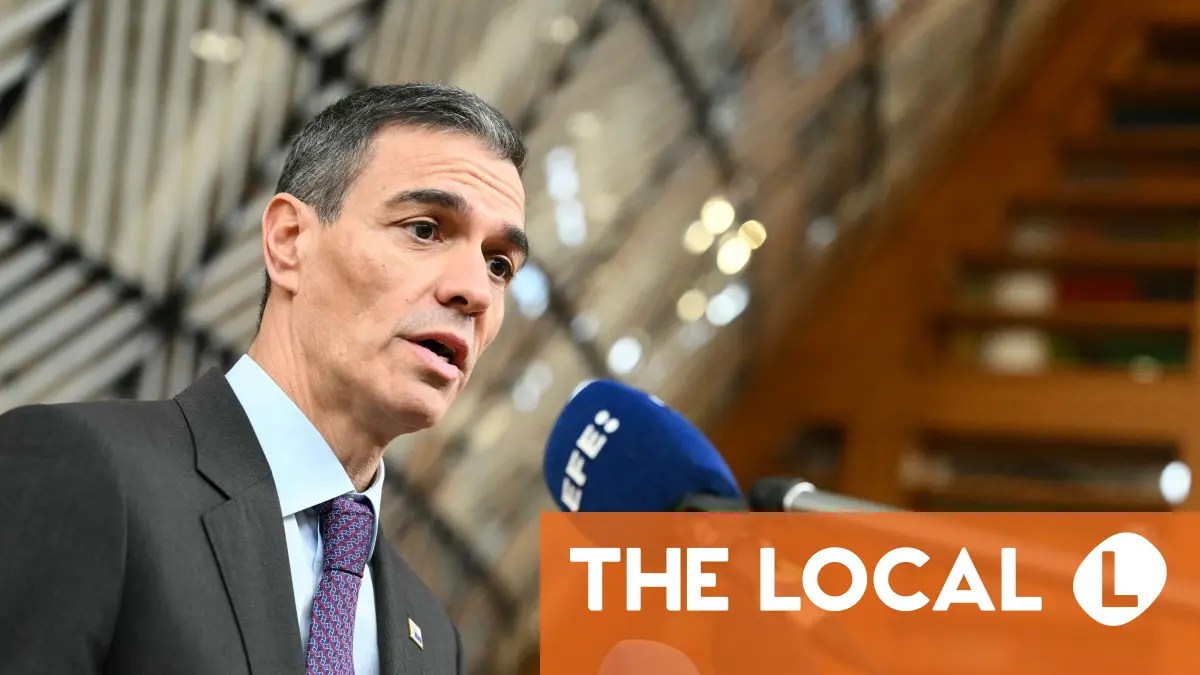Shorouk Express
A new poll conducted on the fifth anniversary of Brexit suggests every constituency in Britain thinks the government should prioritise trade with the EU over the US and other countries.
The survey, conducted by YouGov for pro-EU campaign group Best for Britain, analysed responses from almost 15,000 people across England, Scotland and Wales.
It saw nearly one in two respondents (46 per cent) say the EU should be the government’s top priority when it comes to trade. Whereas less than half this number (21 per cent) opted for the US.
Some 4 per cent thought the government’s focus should be China, while 6 per cent favoured another country.
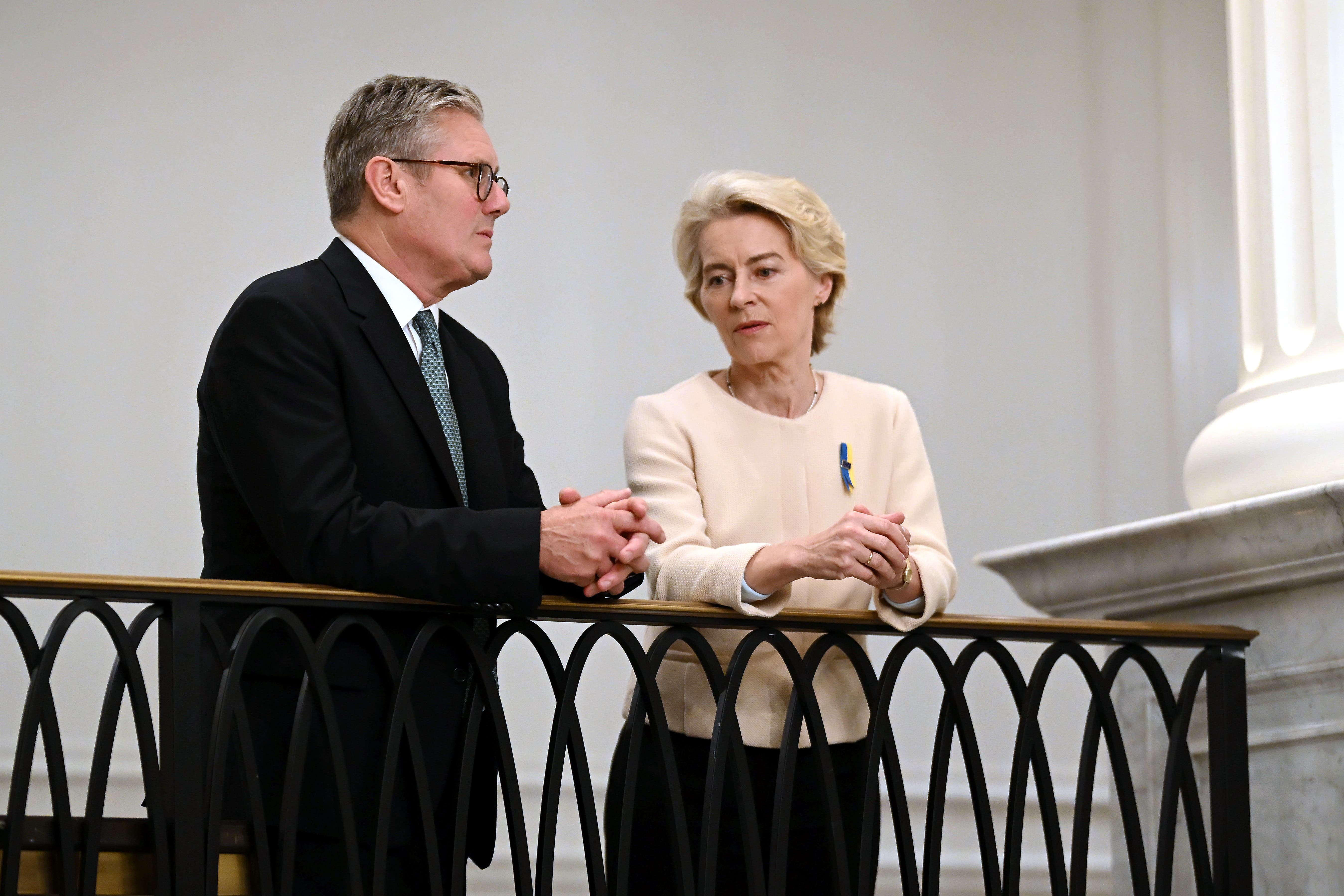
open image in gallery
Clacton – Nigel Farage’s constituency – did not buck the trend, despite winning the seat on a pro-Trump and Eurosceptic ticket.
It is a similar story in Boston and Skegness which recorded the strongest Leave vote in the 2016 referendum.
The desire for closer EU-UK ties was even stronger among voters who switched from Conservative to Labour at the last election (57 per cent).
Of everyone who voted Labour at the last election, two-thirds (66 per cent) thought the government should prioritise trade with the EU compared to just 9 per cent for the US.
Best for Britain is an organisation fighting to keep the UK open to EU membership and “fix the problems Britain faces after Brexit”.
The results come just days after Donald Trump was sworn in as US president for the second time, promising tariffs on China and the EU.
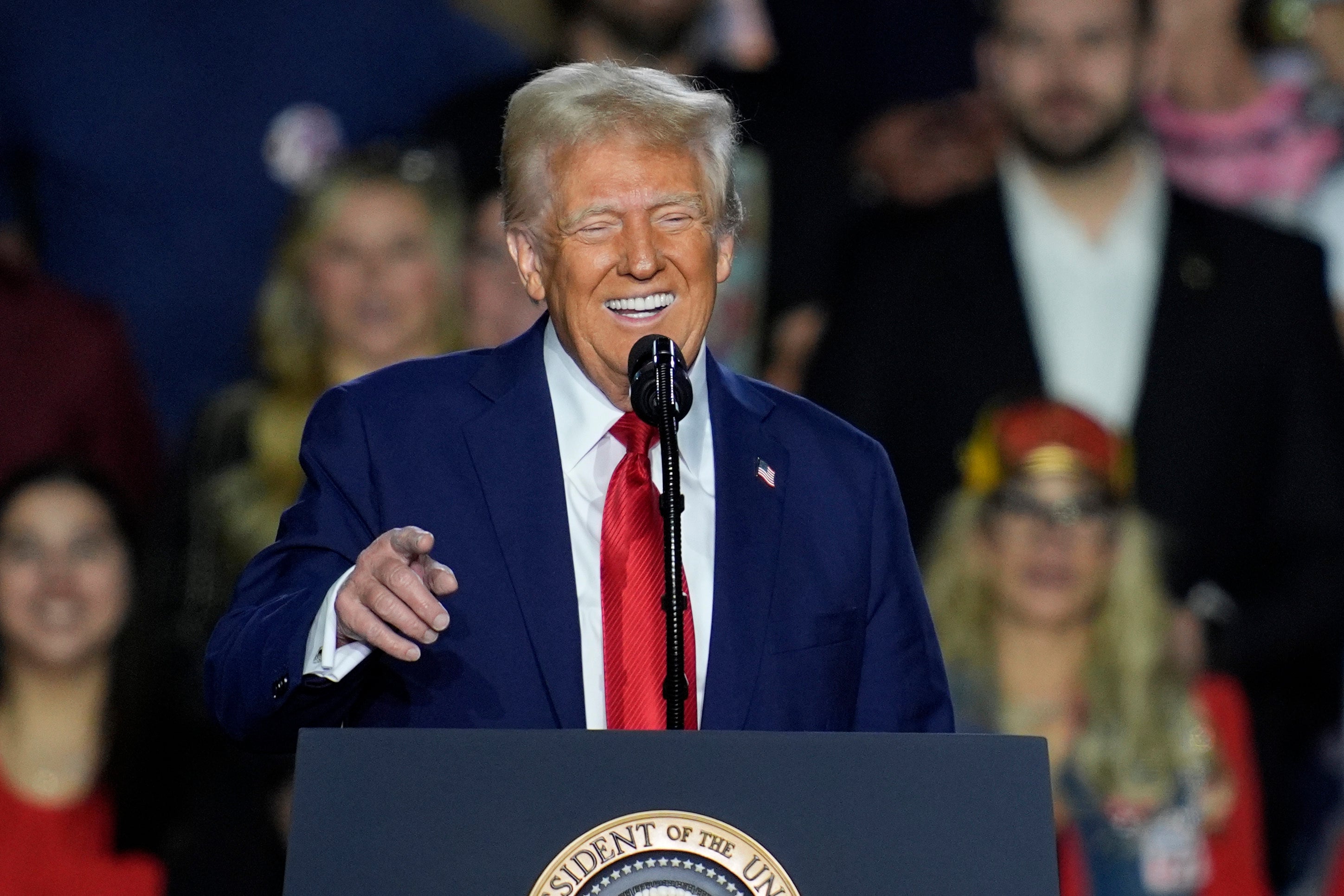
open image in gallery
While Sir Keir Starmer has rejected suggestions the UK needs to make such a choice, recently describing it as “plain wrong”, Rachel Reeves indicated on Sunday that the government is “absolutely happy” to look at joining a tariff-free trading scheme with Europe.
The chancellor said the government would consider the prospect of signing up to the Pan-Euro-Mediterranean Convention (PEM), as it would with any “constructive ideas” consistent with its “red lines” about not returning to the EU.
Labour has ruled out rejoining the customs union or single market but committed to seeking closer economic cooperation with Brussels as part of a reset in UK-EU relations.
EU trade commissioner Maros Sefcovic this week suggested Britain could join the PEM, which allows for tariff-free trade of goods across Europe, as well as some North African and Levantine nations.
Meanwhile, Mr Trump has also signalled an openness to continuing close ties with the UK, praising Sir Keir for having done a “very good job thus far” and saying the pair would have a phone call “over the next 24 hours”.
Speaking to the BBC on board Air Force One on Saturday, Mr Trump said: “I get along with him well. I like him a lot”.
“He’s represented his country in terms of philosophy. I may not agree with his philosophy, but I have a very good relationship with him,” he added.
It comes after insiders suggested last week that Mr Trump has Sir Keir “over a barrel” on a trade deal with the UK.
Andrew Hale, a senior analyst at the highly influential Heritage Foundation thinktank which helped draft the Project 2025 document that the Trump administration is using as a blueprint for policy, said: “The UK economy is contracting, and there is no growth.
“The Starmer government has doubled down on the failed economic policies of Jeremy Hunt and the past Conservative prime ministers. They need to give up their tried and failed policies of punitive taxes, borrowing, and reckless spending. The UK is bankrupt.
“The Trump administration is in a position to offer a free trade agreement that would be a lifeline to the UK economy, but Starmer and his band… have done everything they could to offend President Trump, and now they risk being tariffed as a form of economic sanction if they are going to realign economically with China – a foreign adversary.”
The MRP poll surveyed 14,858 adults between 16 December and 28 December 2024.
A government spokesperson said: “Our number one priority is growing the UK economy, and free and open trade with our most economically important partners will be key to delivering on our Plan for Change.
“We are continuing our work with both the US and the EU to remove barriers to trade and help UK businesses grow.”








